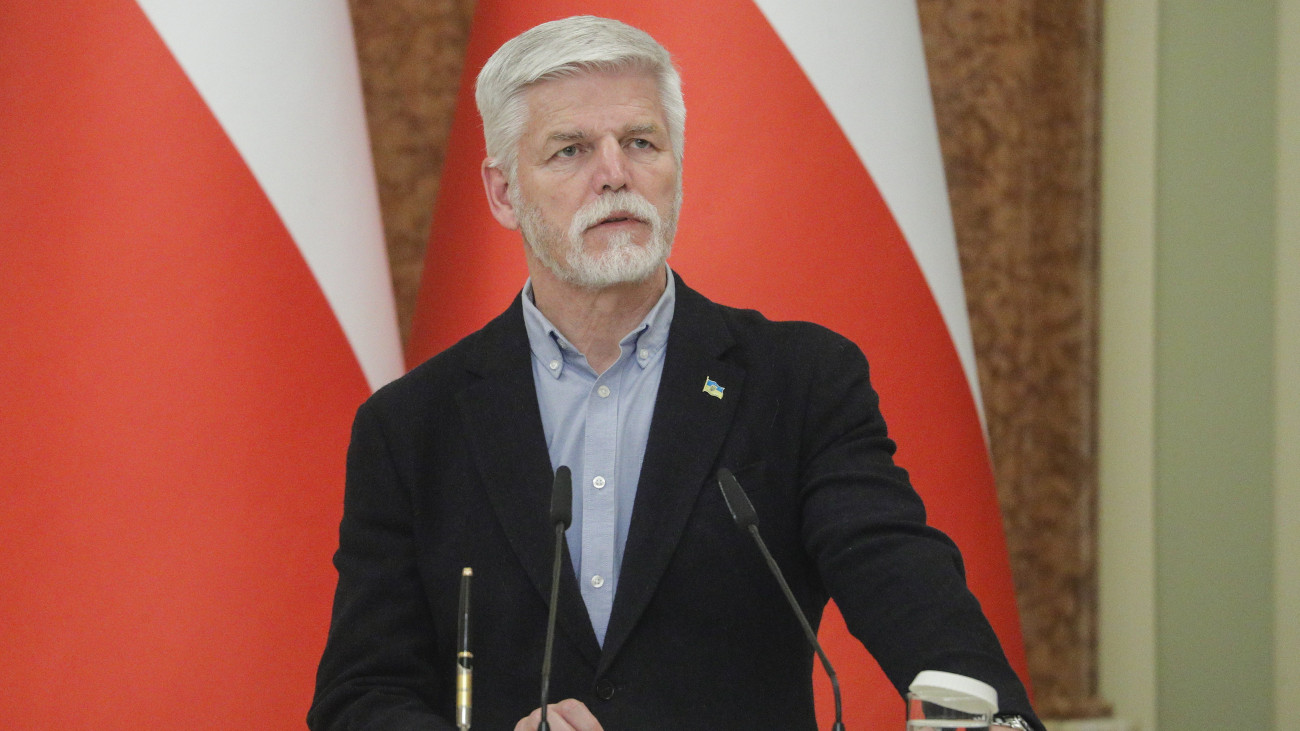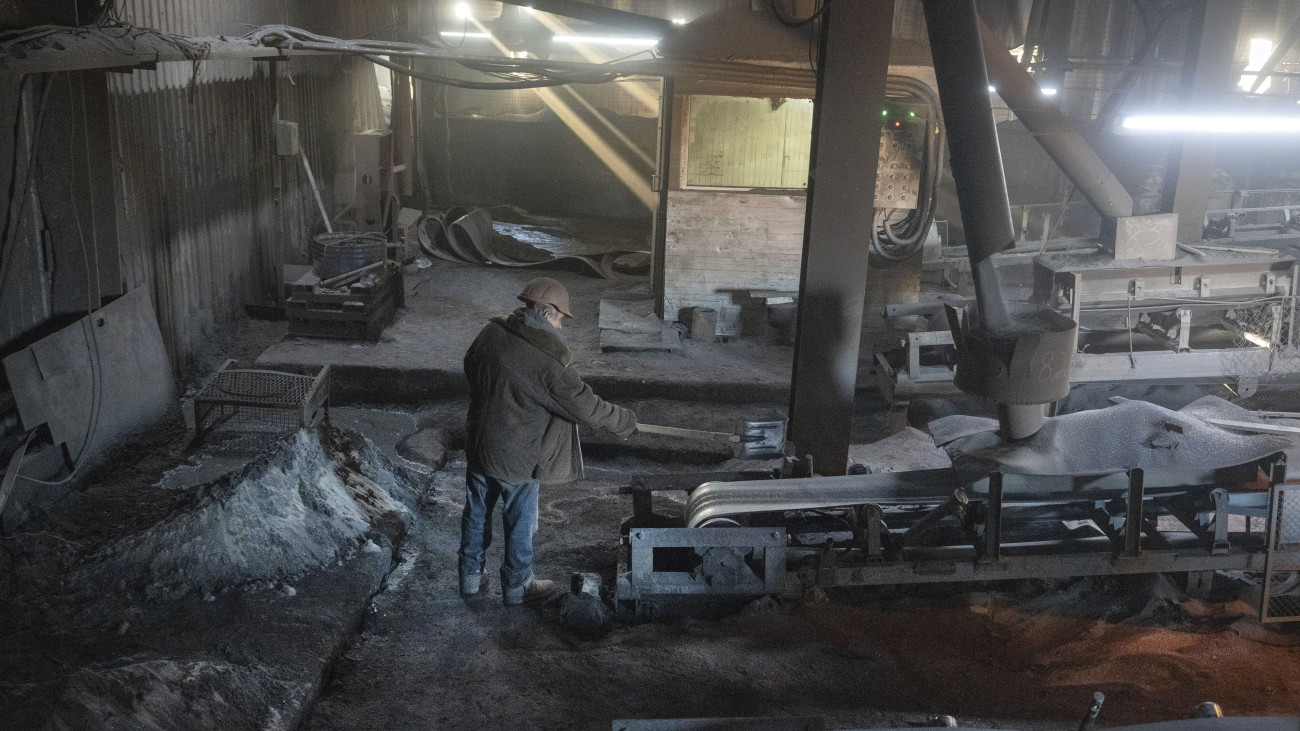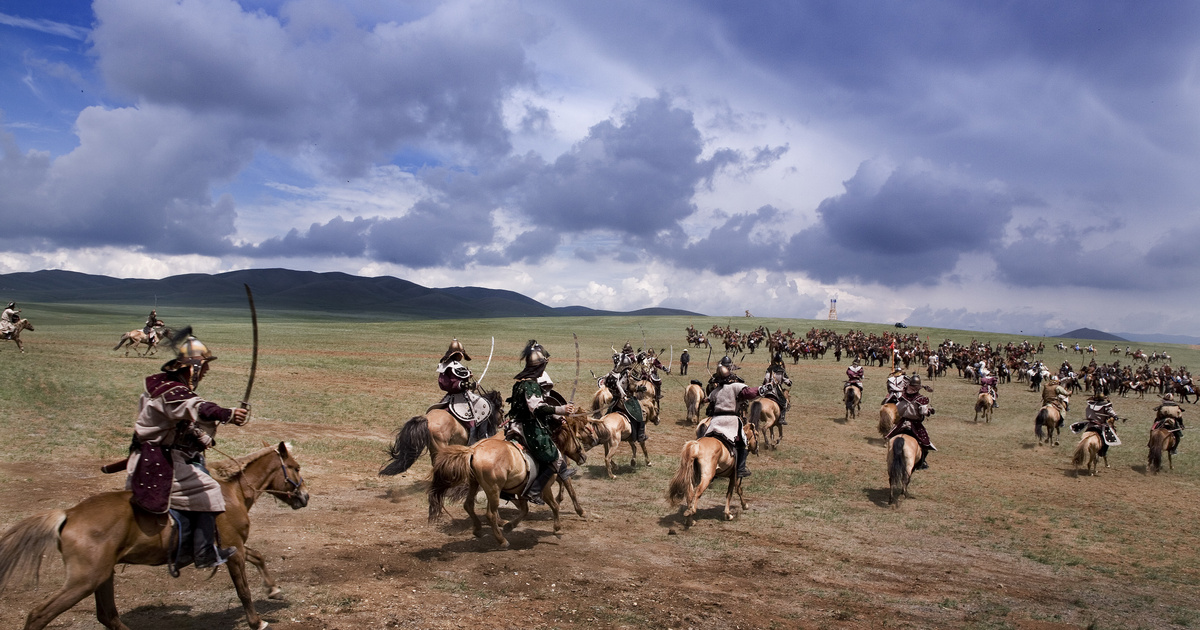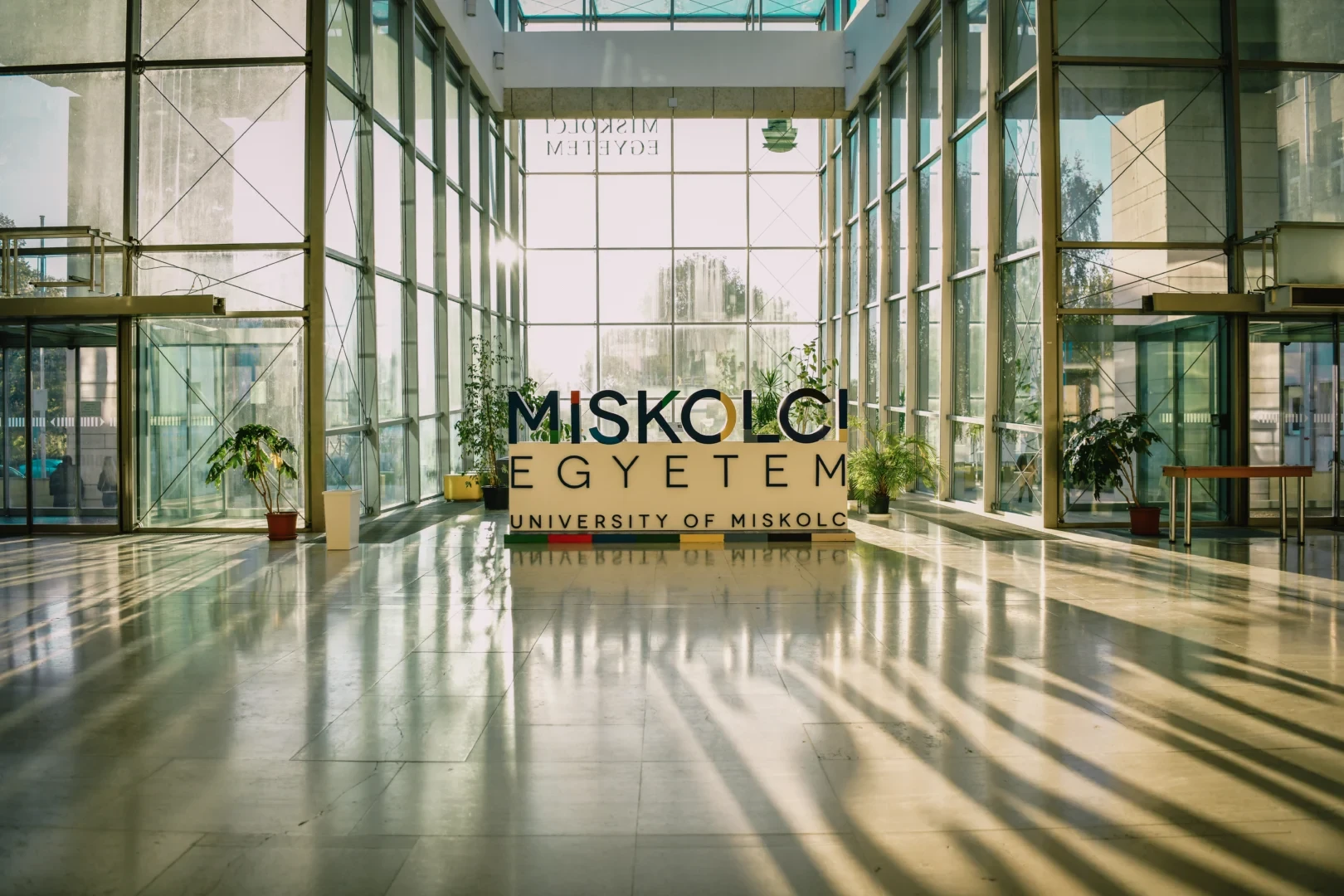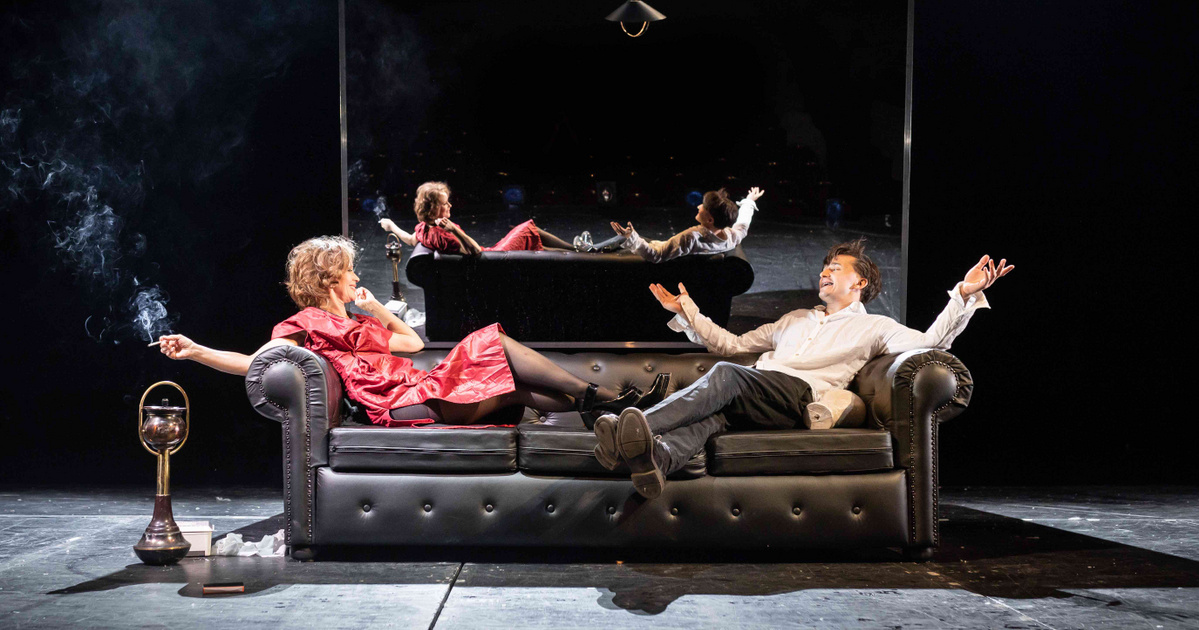If a guest manager organizes a local company, he shows his own idea and vision in good shape, using representatives of the appointed company. Or he throws a big order, completely out of the theater’s repertoire, maybe just a flash of new color, new knowledge, we feel he wants something, but his will may not be organic with the actors, and eventually he goes on.
However, Georgian director David Dueasvili shook the comedy company so hard that it put something completely different on the table. In Seagull Doiasvili, no one runs obligatory circles, and no one takes on a new role, but seems to add his own interpretation and interpretation of the role – this was a clear concept for the director as well – pushing his limits further, further and further away from each other completely. Amazing energies are created.
The guest manager needs to present himself in a way that not only compliments him on his departure, but also the impact he has made on the company. Doiasvili did it perfectly.
We quickly get over the comedic dramas of these days, whether the actress playing Nina takes off her clothes now, and who takes off her clothes if she’s not the original Nina, we’ll forget about this a lot by the time the fateful scene arrives. Anyway, we’re past the era when there was news all over town that the heroine’s savior was taking off his blouse and flaunting her charms. This may have happened in 1978, not today, and it’s not a question for me either, although it can be interpreted as such.
A few weeks ago, the press loudly stated that Víg is a place where, if the actress does not take off her clothes, she is exited from the role, and in the case of Nyina and the specific scene, this is a fundamental and fundamental element of the director’s concept. And really.
If there is no undress, that is
Eighteen-year-old theater actress (Luca Marcos) and aging but even charming writer Trigorin (András Stohl) envy each other for not being able to hide in each other’s skin, at least for a while.
Nor is the concept of love the last desire to hide in another person’s skin as a possible way to find ourselves.
Love is only an arm’s length away from attraction based on curiosity, and Chekhov’s characters are sure to fall into this trap.
Because of his writing, Trigorin wants to know how dear and affectionate it is to be a young eighteen-year-old girl, to correctly portray this state of mind in his works, the enthusiastic and untainted young Nina preparing an acting career, he wants to know what life is like, as a famous writer .
Mark Luca Nina is not entirely naive, more complex. He flirts, flirts and initiates the Trigori, because in fact he is in a well-disguised crisis, and renewal is good for both creation and life, he falls in love in almost an instant. He opens up to Nina and tells him that it is not good to be a writer who suffers from the compulsion to write, and the compulsion is slavery and restriction, even if it is internal. This is perhaps the most torturous thing, because everything must be written, because it is dictated by me, and this existential spiritual constant is not enough, this infernal cycle, at the end they say well anyway, but no Turgenev. Who will read Trigorin when Tolstoy can?
Chekhov also hovers Trigorin and performance to be, in fact, a prolific choreographer. A talented artist whose misfortune lies in the suffering of the questions of existence, but he happens to be born in the age of literary geniuses, and so on.
It is not enough to be talented in the company of geniuses.
The same cannot be said of the elderly actress, the great Moscow star, the famous singer, Arkagyina, about whom Chekhov, Doyasvili and even Esther Nagy Kaluzi explained that she is certainly not mediocre and of great talent, but an ordinary routine and maneuvers among the pathetic pimple. He performs with great success in farce and ground plays, but loud but cheap applause does not qualify him, but the audience or its adaptation.
Doiasvili’s performance is painful, tragic, profound, new
It contains all that Chekhov wrote in one of the most complex and dramatic dramas of world literature, accompanied by a tense and fascinating interpretation where the meticulously designed, symbol-based, erotic detail doesn’t obscure the brutal and meaty questions of existence. It hurts all trying to answer it.
The Georgian director’s performance is very modern and draws on the wind-like movement provided by physical theater, projected scenes, real-time cinema tools, Czech structure, verbal and slow drama based on dialogue, creating a good and tense picture between the two. It is up to us, each with its own stimulus limit and audiovisual and psychological receptivity, to decide whether we are watching an important sentence, a confession, or a series of often turbulent movements below.
But what is this, if not the evidence that everyone in Chekhov is always nervous, especially in a seagull.
This is the focus of Chekhov’s work, the search for new forms. The Seagull is a drama about being, being an actor, being an artist. Writing on the frontiers of art and soul, mother-son relationships, desperate lovers and disruptive routines, and, above all, loneliness. It belongs to its creative, intellectual, artistic and human unity. It is the isolation of talent that the average who lives in many flocks does not understand, which is why talent has fallen to the dust. It belongs to the actress, who only yearns for a career to begin, after which very soon she experiences the impossibility of artistic and human purity. The solitude of a fiery love that can never be answered. The boy, who has no one in the world and an icy mother in his career, has never loved, the middle-aged woman who begs for a man after her life, notices her and steps in with her, and the lonely resonant who wanted two things in her life: to live in a city and to do literature – but none met who are they.
If the play ends there, Kosztya (Attila Vidnyánszky Jr.), a writer living in the countryside without education and money, but with a blazing talent, will finally write, and his short stories will be published in magazines, and Nyina will fulfill her dream, leaving her father and going to town. You will become an actress, then we can say that it is not mediocrity, but art, but it does not end here, it goes beyond this.
Chekhov formulates a paradox that art, when it is real and for the sake of something, destroys itself or its farms.
Finally, then, the tragedy of the smoldering genius, the true artist, is greater even than the tragedy of the mediocre who seems to float in success, since the perspectives to be played there give no such opportunity to fall, the warmth is always warm.
The tragic sayings of Chekhov and Doyasvili are contrasted on the one hand by the actors playing the real game, and on the other the beautiful theatrical image, the pure black and white purple outfit at only two points, and the magical visuals of the blue sky that, however, are not hopeless. Man is lonely, talent either does not exist, or if it is, he fails alone or in the ocean.
At the end of the show, a series of projected images flashing two wonderful interpretations, in one of which everything is good and poetic, everything is restored, the young Trigorin and even the younger Arkagyina bathe in the waters of eternal youth and eternal success. The other says that it is all dark and gloomy in the barren, weeping, ghostly countryside, where the host does not give a horse even to get to the train station because there is no money for it.
Also genius is the three-way comeback scene between Kosztya and Nyina, where they are revealed to be true lovers, but thoughts only lead back, how the love of two young talents can jump into a cruel, incomprehensible world. ?
By the time they understand that the cruel, incomprehensible world is not necessary at all, the love is over.
From the performance, Marcos Luca is versatile, bold, beautiful and takes on Nina Jr. We will take home the rare miserable love of Attila Vedniansky’s mother, the heartbreaking despair of Archagina Esther Nagy Kaluzi after Trigorin, and the looks of loneliness as she clings to desirable things that do not exist.
Soren de Geza sings Higgides Jack Brel, nee Mi Kelly Bass, in resignation, that is, not letting go, because we are afraid of loneliness and keep everything that saves us at least from its appearance.
The musical materials for the performance are also shiny
A cheerful French chanson also organizes happy festivities on stage, explaining the shooting that broke out at the end of the play: Kosztya became suicidal because he never knew who he was. However, those who do not understand French (Je n’ai jamais su qui je suis) will not come to this interpretation, or rather a dangerous suggestion.
Doiasvili’s subtle allusions, his almost surreal symbolism of color and form, and his sense of beauty create a seagull where everyone is a real participant, a true interpreter of their character’s destiny, and that will make the performance real and authentic,
Which we can safely say is the most beautiful, the best production, the most painful and tragic of the year, and which, despite its length (it lasted more than half of 11 and 11), there is not a single idle second.
Just as Nyina’s entry throw is self-serving, as she expresses her desire to get out of her skin to cross Trigorine, so does the use of cinematic gadgets, projected images, and portable cameras. It’s all a kind of worldview – few offerings can put these tools at your service so beautifully and noblely. He does not take attention from the tragedy, but only emphasizes it: Nina is a seagull, a seagull, just like any artist, and even art itself drowns in his will. That’s why it’s great.
(Cover Photo: Dániel Domölky / Comedy Theatre)




